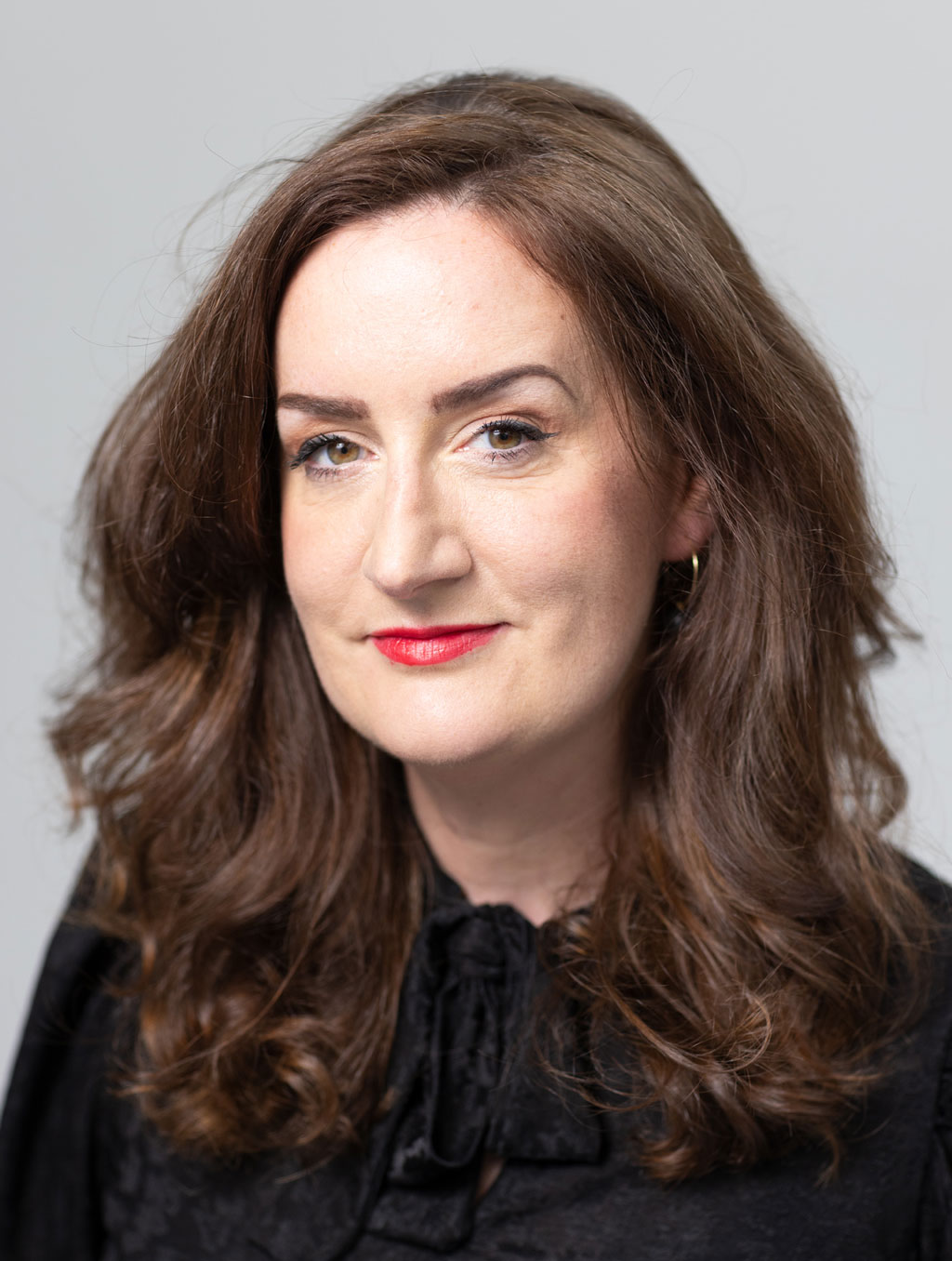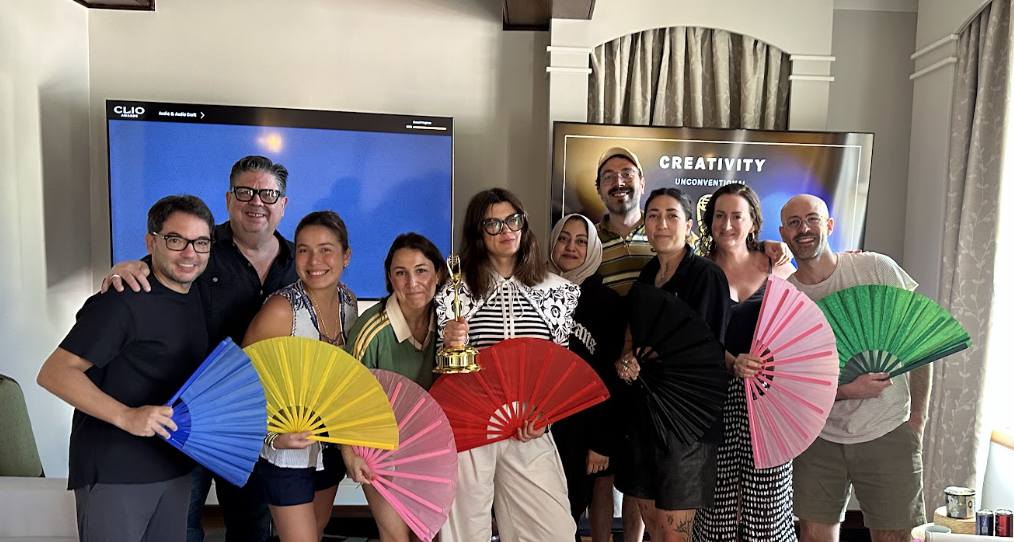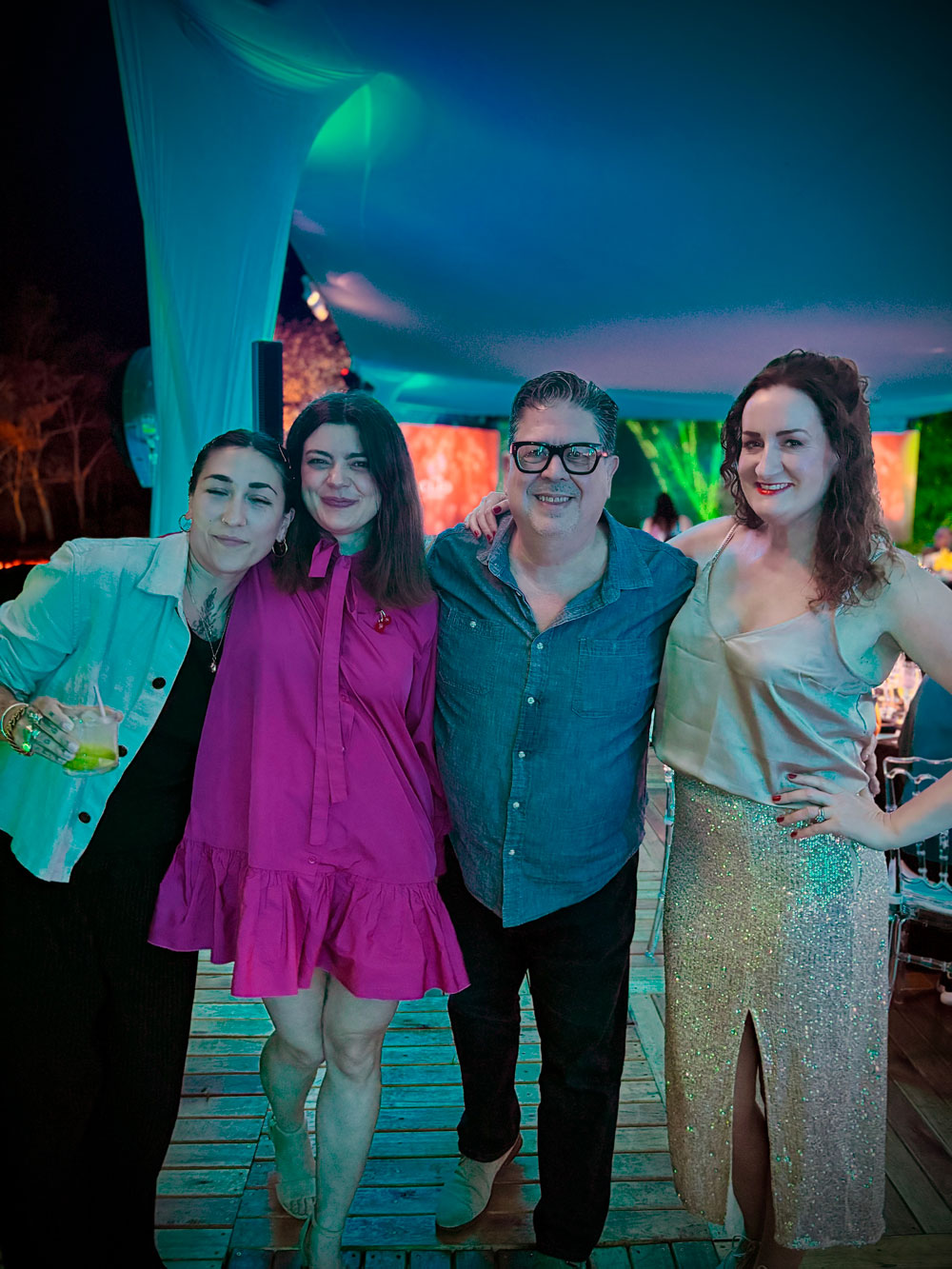 With the awards season in full flow, Roisin Keown CEO of The Brill Building offers some tips on how to give your work the best chance and suggests some survival strategies or surviving disappointment.
With the awards season in full flow, Roisin Keown CEO of The Brill Building offers some tips on how to give your work the best chance and suggests some survival strategies or surviving disappointment.
Last year I was afforded the opportunity to do a lot of awards judging. A lot. Specifically national, Euro and Global EFFIES, One Show Creative Effectiveness, Gerety Awards Grand Jury and I’ve just returned from an amazing and inspiring week at the Clios Global Jury Retreat judging the audio category.
I got a ringside seat with some of the best minds in our industry to get a unique perspective on the best of creativity and effective marketing from around the world. And on occasion some great new friends, work envy and a tan.
In the meantime, 2024 was another bumper awards year for The Brill Building where we won the 2024 APMC Grand Prix, multiple European IMPACT Awards as the best performing agency there and in the last few weeks, the agency won our first award at the Spiders.
So, for what its worth, here’s my non-exhaustive crib sheet for giving you, your work and your business the best chance in any room:
Judging starts way before the room: Visibility, awareness, buzz, PR. If those in the room are already familiar with the work you are at a significant advantage. Conversely – and this is one of the enduring challenges for smaller agencies, countries and regions – if the jury are not familiar with your work it makes it much harder to win that all important extra moment of attention as they scroll through up to 250 early round entries. It shouldn’t matter but we’re all human and it does.
Consider those judging rounds: Think how your entry which will be seen in the same format in anything up to 3-5 rounds of judging (including by different juries) may perform. Learn the judging structure for each awards show. For the Clios, we had 4 x distinct rounds of judging.
Case study films and your entry details are a storytelling craft in themselves: Many awards now have an online in/out round with approx. 200 entries each often with a two minute case study to consider. The jury rarely confer about the work at this stage. With online judging the judge is looking at the entry in isolation. It must be clear and compelling – any struggle to understand what is going on is going to hurt your case. The standard of case studies – slick, exciting, entertaining or evocative – is so high internationally that any that don’t meet that will struggle to survive the brutal in/out round.
This is a huge challenge for smaller agencies or regions – the budget, know-how, resource and time is often not there to give the work its best chance. But do as much as you possibly can achieve. Then, be realistic about how much investment in entries you put behind it depending how compelling it is.
EFFIES films ask less of you and don’t need results. Clios, Cannes Lions, One Show or similar? If it wouldn’t stand up as a trailer in the cinema you’ll be lucky to get a shortlist. Life’s not fair like that and advertising definitely isn’t.
Research, research, research. Know what’s won in previous years and what’s winning around the world this year. The judges will have. This means if your idea is too similar to something created – and particularly award-winning before – it is unlikely to get the recognition you are hoping for. How similar is too similar? You be the judge of that.
You need a ‘friend’ of the work in the room. This is about you getting lucky enough to have someone fight for your work to be recognised. For everything less than a GOLD – and often even then – someone will have to. This is where PR, buzz, networking so that people are familiar with what you’ve made comes in again. This is not about awarding something unnecessarily – that rarely happens. It’s actually about great work getting the air time it deserves.
For Clios we had three rounds in the room on three separate days. First, we considered the entries that made it past Round 1 on a scale of 1-10 without discussion, then depending on which entries made that cut discussing which should receive statues (still with a personal vote though consensus is something everyone works hard to achieve).
This is, as you can imagine, the day with most discussion. Every judge is there to do the right thing, but almost every piece that gets awarded needs someone to say “Can we talk about this piece?” Otherwise, it may simply be overlooked in favour of all the other great work it is surrounded by.
Stay stoical. Stay the course: There is nothing like judging awards to help you understand it is a game you can’t control. You can only stack the odds in your favour. Start with the work. Make it brill. Make it so brill almost everyone knows about it. Get the brill work seen and talked about everywhere possible so that everyone who didn’t know about it does.
Then, craft the entry. Strive for emotion and clarity. Light a candle. And hope for the best.
Roisin Keown is CEO and founder of The Brill Building
























